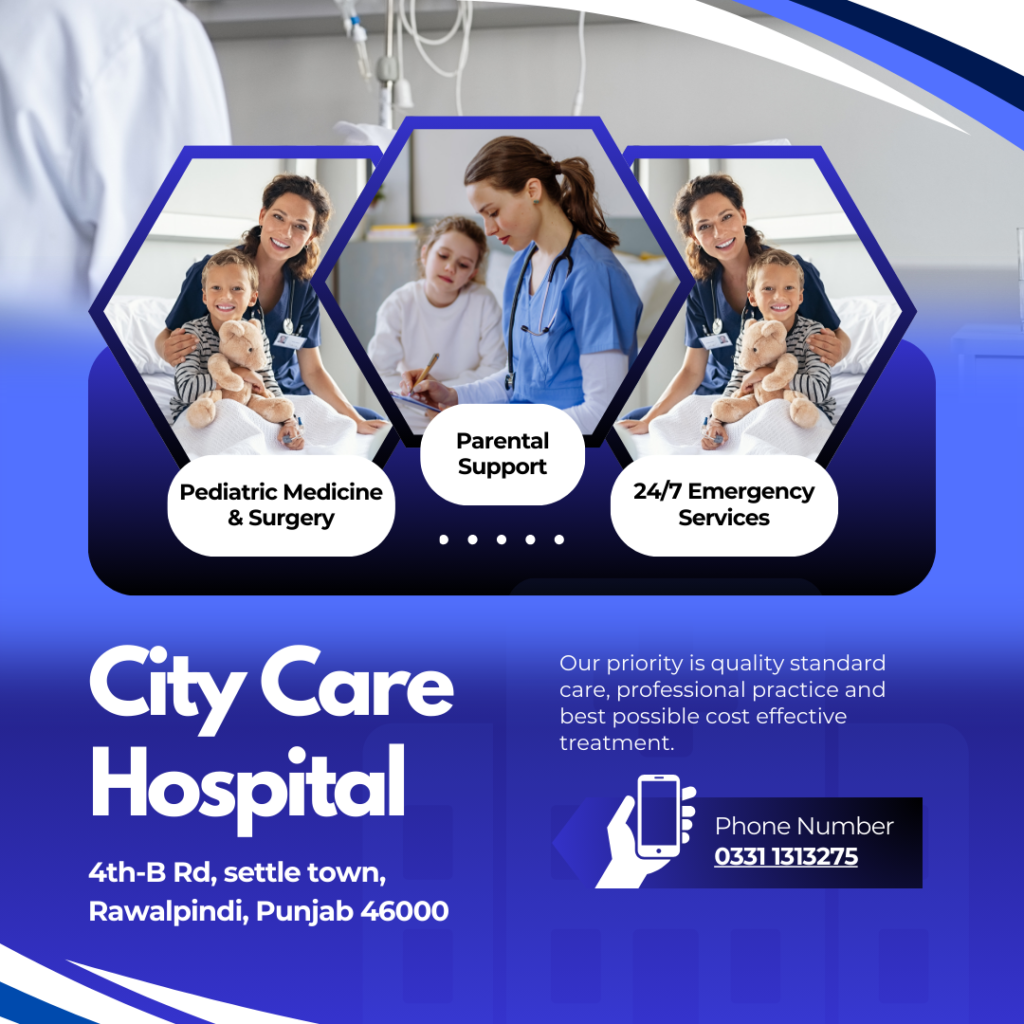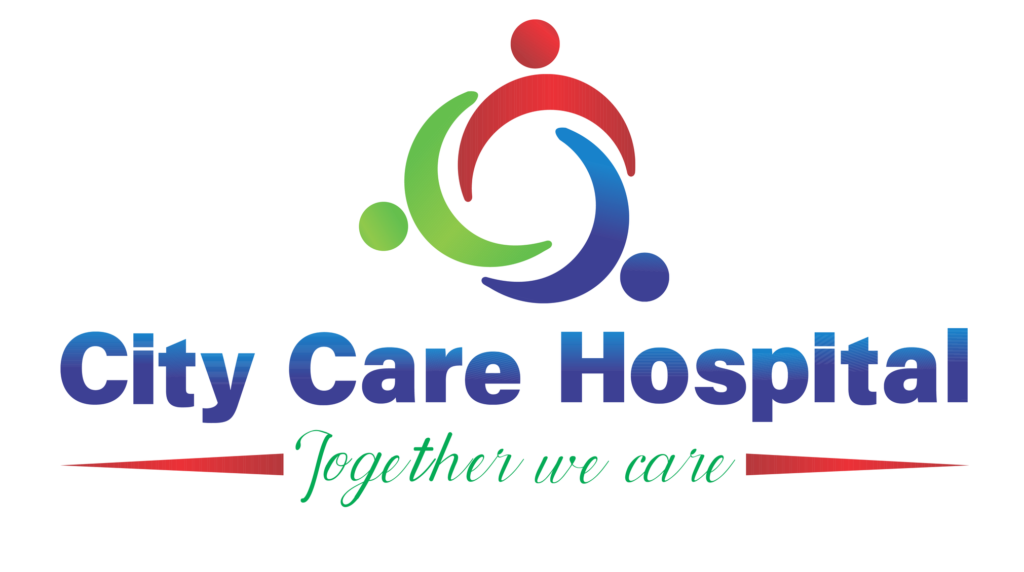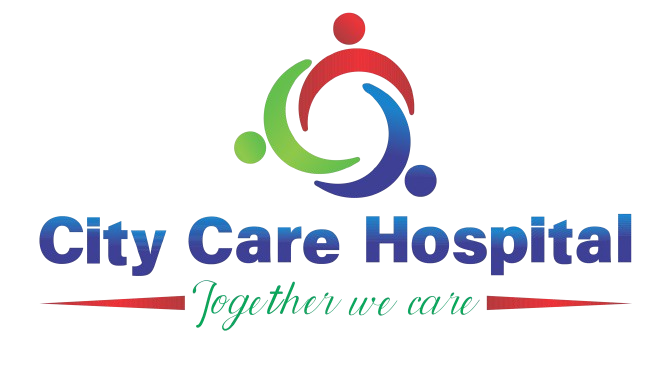
Clinic for Osteoporosis
Osteoporosis is a condition characterized by weakened bones that become fragile and more prone to fractures, primarily affecting women, especially post-menopausal women. The Department of Gynecology and Obstetrics at City Care Hospital offers specialized services through our Clinic for Osteoporosis, dedicated to the diagnosis, treatment, and prevention of this condition. Our clinic provides comprehensive care to support women in maintaining strong bone health and preventing osteoporosis-related complications.
Understanding Osteoporosis
Osteoporosis is often called the “silent disease” because it typically develops without noticeable symptoms until a bone fracture occurs. This condition results in reduced bone density, making the bones weak and susceptible to breaks from minor falls, or in some cases, even from sneezing or bending. The most common sites of osteoporosis-related fractures are the hips, spine, and wrists.
Women are at higher risk of developing osteoporosis, especially after menopause, due to a decrease in estrogen levels, which plays a crucial role in maintaining bone density. Other risk factors include age, family history, low calcium intake, vitamin D deficiency, certain medications, and lifestyle choices such as smoking or physical inactivity.


Symptoms of Osteoporosis
In its early stages, osteoporosis may not cause any symptoms. However, as the disease progresses, it can lead to:
- Back pain caused by fractures or collapsed vertebrae.
- Loss of height over time.
- A stooped posture.
- Fractures occurring much more easily than expected.
Recognizing and addressing the risk factors early is essential in preventing osteoporosis from progressing and causing serious complications.
Why Choose City Care Hospital?
Our hospital is home to a diverse team of highly qualified and experienced doctors, specialists, and healthcare professionals committed to providing
the highest standard of care.
We offer cutting-edge medical technology and modern
facilities to ensure accurate diagnostics and effective treatments, all under one roof.
From emergency services to specialized clinics, we provide a full range of healthcare services tailored to meet the unique needs of every patient.
We adhere to the highest standards of safety and
quality in all aspects of healthcare delivery, ensuring our patients receive the best possible outcomes.
Our fully equipped emergency department is open around the clock, ready to handle any medical situation with prompt and professional care.
: Our focus is on personalized care, ensuring that every
patient receives compassionate attention and treatment that is designed specifically for
their needs.


